Rat IL-6 High Sensitivity ELISA Kit
$319.00 – $449.00
ELISA Kit Detail Information
| Related Target | |
|---|---|
| Species | rat |
| Sample Type | Serum, plasma, cell culture supernatant, and other biological samples |
| Sample Volume | 20 μL |
| Sensitivity | 1.8 pg/mL |
| Array Range | 7.81 pg/mL – 500 pg/mL |
| Assay Time | 3.5 h |
| Recovery | 95% – 106% |
| Average Recovery | 102% |
| Intra Precision | 6.4% – 9.1% |
| Inter Precision | 6.1% – 9.6% |
| Plate | Detachable 96-well plate |
| Storage | If the reagent kit is unopened, it should be stored at 4℃. However, if it has been opened, the standard solution should be stored at -20℃, while the other components should be stored at 4℃. |
| Delivery | 4℃ blue ice transportation |
| Components | 96-well polystyrene enzyme-linked immunosorbent assay (ELISA) plate coated with anti-IL-6 monoclonal antibody Rat IL-6 freeze-dried standard IL-6 detect Antibody HRP-labeled streptavidin Signal enhancer concentrate Signal enhancer diluent Assay Buffer(10×) Substrate TMB Stop Solution Washing Buffer(20×) Sealing Film |
| Assay Principle | This kit utilizes the double antibody sandwich enzyme-linked immunosorbent assay (ELISA) detection technique.Specific anti-rat IL-6 antibodies are precoated on a high-affinity ELISA plate.Standards and test samples are added to the wells of the ELISA plate. After incubation, the IL-6 present in the samples binds to the solid-phase antibodies. After washing to remove unbound substances, biotinylated detection antibodies are added and incubated. After washing to remove unbound biotinylated antibodies, streptavidin-HRP labeled with horseradish peroxidase is added. After washing again, a signal enhancer is added and incubated. After washing to remove unbound substances, Streptavidin-HRP is added once more. After washing, a colorimetric substrate, TMB, is added and the plate is incubated in the dark for color development. The intensity of the color reaction is directly proportional to the concentration of IL-6 in the samples. A stop solution is added to terminate the reaction, and the absorbance value is measured at a wavelength of 450 nm (with a reference wavelength range of 570-630 nm). |
Related Targets
IL6
IL6 Target Infomation Overview
- Target Symbol: IL6, interleukin 6
- Gene Groups: Interferons; Interleukins; Interleukin 6 type cytokine family
- Alias: IL-6; BSF2; HGF; HSF
- Previous Names: IFNB2
- Alias Names: interferon, beta 2; interleukin 6 (interferon, beta 2)
IL6, interleukin 6 Target Infomation by Species
- Human
- Mouse
- Rat
Human IL6 Target Information
- Target Symbol: IL6, interleukin 6
- Alias:
- B cell stimulatory factor-2
- B-cell differentiation factor
- B-cell stimulatory factor 2
- BSF-2
- BSF2
- CDF
- CTL differentiation factor
- HGF
- HSF
- hybridoma growth factor
- IFN-beta-2
- IFNB2
- IL-6
- interferon beta-2
- interferon, beta 2
- interleukin BSF-2
- interleukin-6
- NCBI_Gene: 3569
- UniProtKB: P05231
Human IL6 Predicted Functions
Enables cytokine activity and growth factor activity. Contributes to interleukin-6 receptor binding activity. Involved in several processes, including positive regulation of cell population proliferation; positive regulation of macromolecule metabolic process; and regulation of peptide hormone secretion. Acts upstream of or within several processes, including cellular response to lipopolysaccharide; positive regulation of leukocyte adhesion to vascular endothelial cell; and positive regulation of macromolecule metabolic process. Located in extracellular space. Part of interleukin-6 receptor complex. Implicated in several diseases, including autoimmune disease (multiple); eye disease (multiple); gastrointestinal system cancer (multiple); glucose metabolism disease (multiple); and periodontal disease (multiple). Biomarker of several diseases, including autoimmune disease (multiple); eye disease (multiple); gastrointestinal system cancer (multiple); glucose metabolism disease (multiple); and lung disease (multiple).
Mouse Il6 Target Information
- Target Symbol: Il6, interleukin 6
- Alias:
- Il-6
- NCBI_Gene: 16193
Mouse Il6 Predicted Functions
Enables cytokine activity and interleukin-6 receptor binding activity. Involved in several processes, including animal organ development; positive regulation of macromolecule metabolic process; and regulation of peptide hormone secretion. Acts upstream of or within with a positive effect on gene expression. Acts upstream of or within several processes, including cellular response to cytokine stimulus; regulation of gene expression; and salivary gland morphogenesis. Located in external side of plasma membrane and extracellular space. Part of interleukin-6 receptor complex. Is expressed in several structures, including adrenal gland; genitourinary system; gut; liver; and thymus. Human ortholog(s) of this gene implicated in several diseases, including artery disease (multiple); autoimmune disease (multiple); gastrointestinal system cancer (multiple); glucose metabolism disease (multiple); and periodontal disease (multiple). Orthologous to human IL6 (interleukin 6).
Rat Il6 Target Information
- Target Symbol: Il6, interleukin 6
- Alias:
- Ifnb2
- IL-6
- ILg6
- Interleukin 6 (interferon beta 2)
- Interleukin 6 (interferon, beta 2)
- interleukin-6
- NCBI_Gene: 24498
- UniProtKB: P20607
Rat Il6 Predicted Functions
Enables cytokine activity and interleukin-6 receptor binding activity. Involved in several processes, including cellular response to lipid; positive regulation of cell communication; and response to peptide hormone. Located in cytoplasm and extracellular space. Used to study several diseases, including acute necrotizing pancreatitis; disseminated intravascular coagulation; fatty liver disease; hypertension (multiple); and impotence. Biomarker of several diseases, including acute necrotizing pancreatitis; artery disease (multiple); auditory system disease (multiple); iron deficiency anemia; and lung disease (multiple). Human ortholog(s) of this gene implicated in several diseases, including autoimmune disease (multiple); eye disease (multiple); gastrointestinal system cancer (multiple); glucose metabolism disease (multiple); and periodontal disease (multiple). Orthologous to human IL6 (interleukin 6).

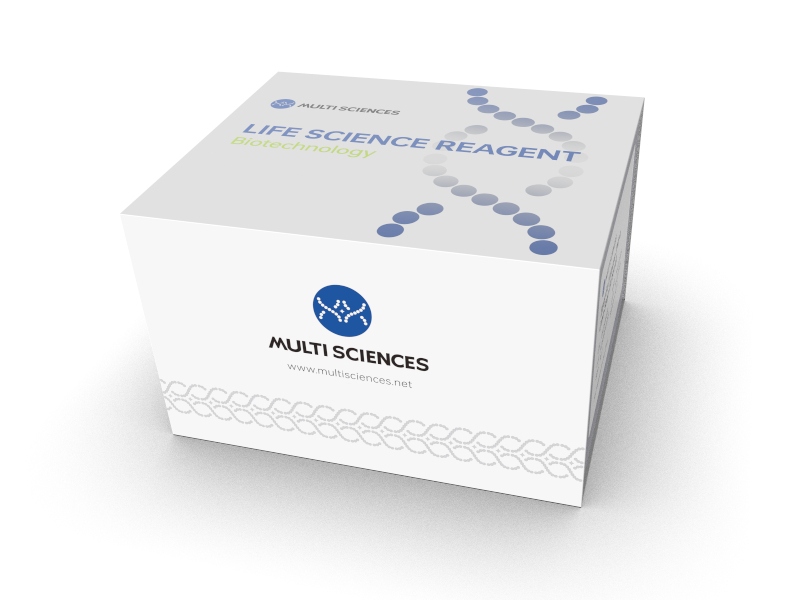
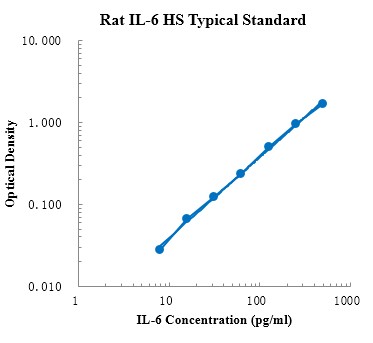
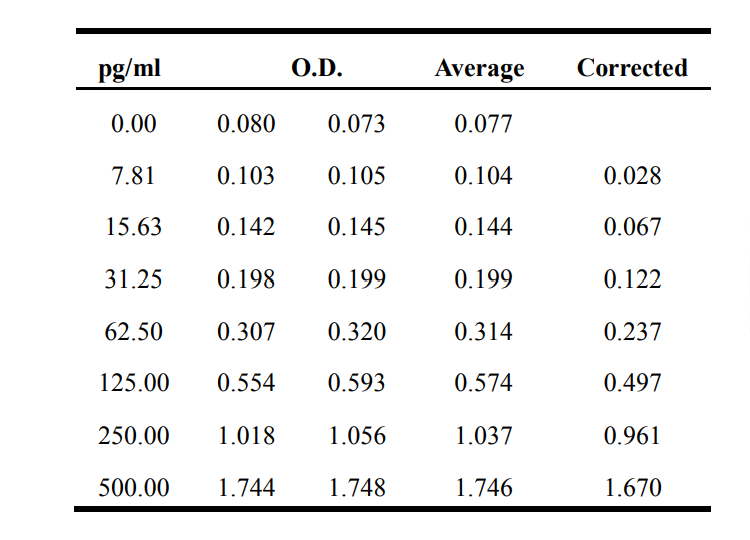


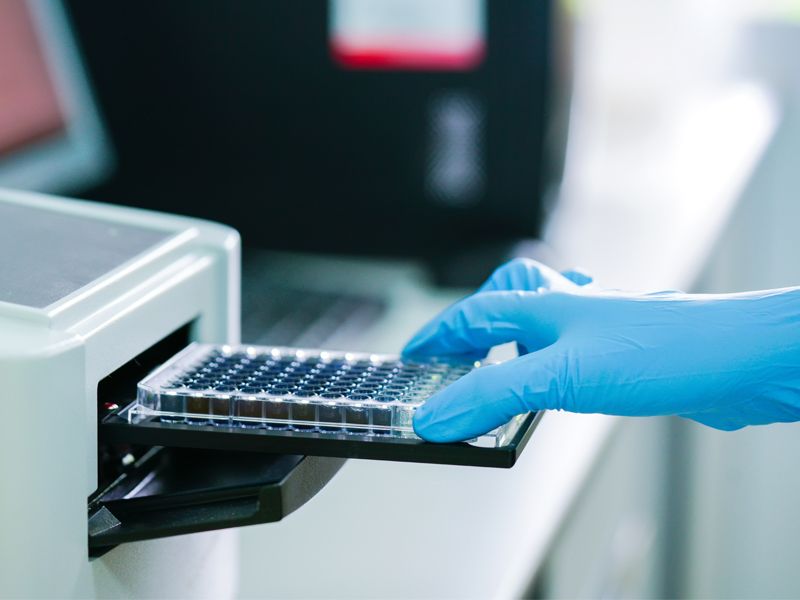
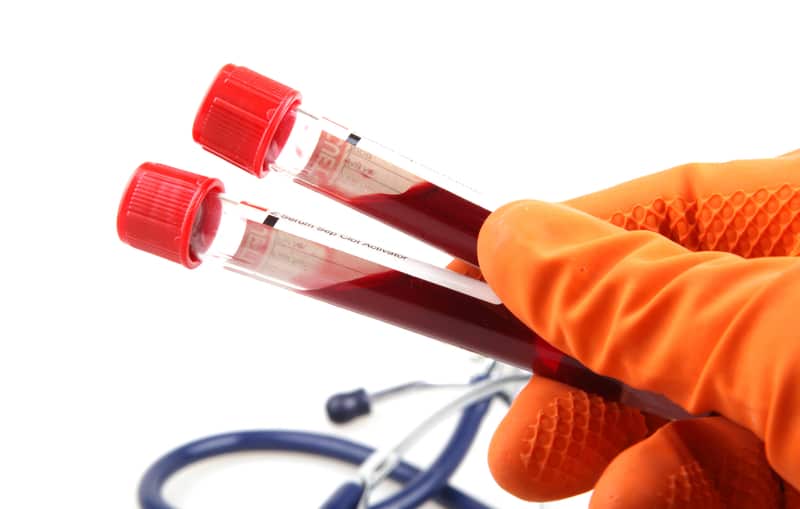
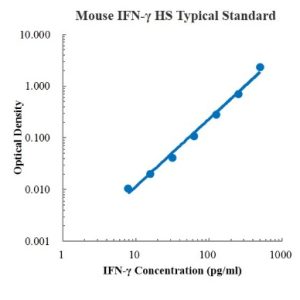
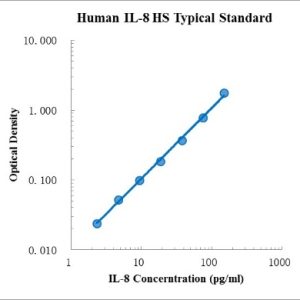
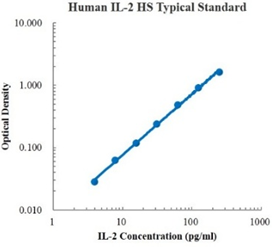
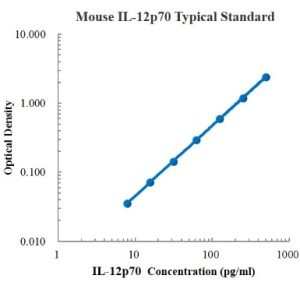
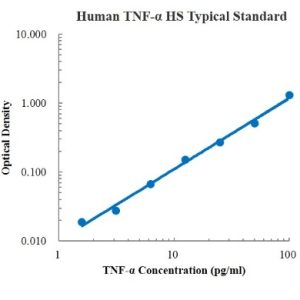
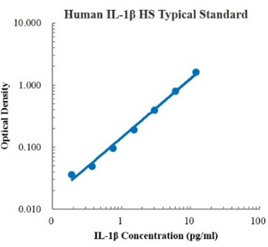
Reviews
There are no reviews yet.